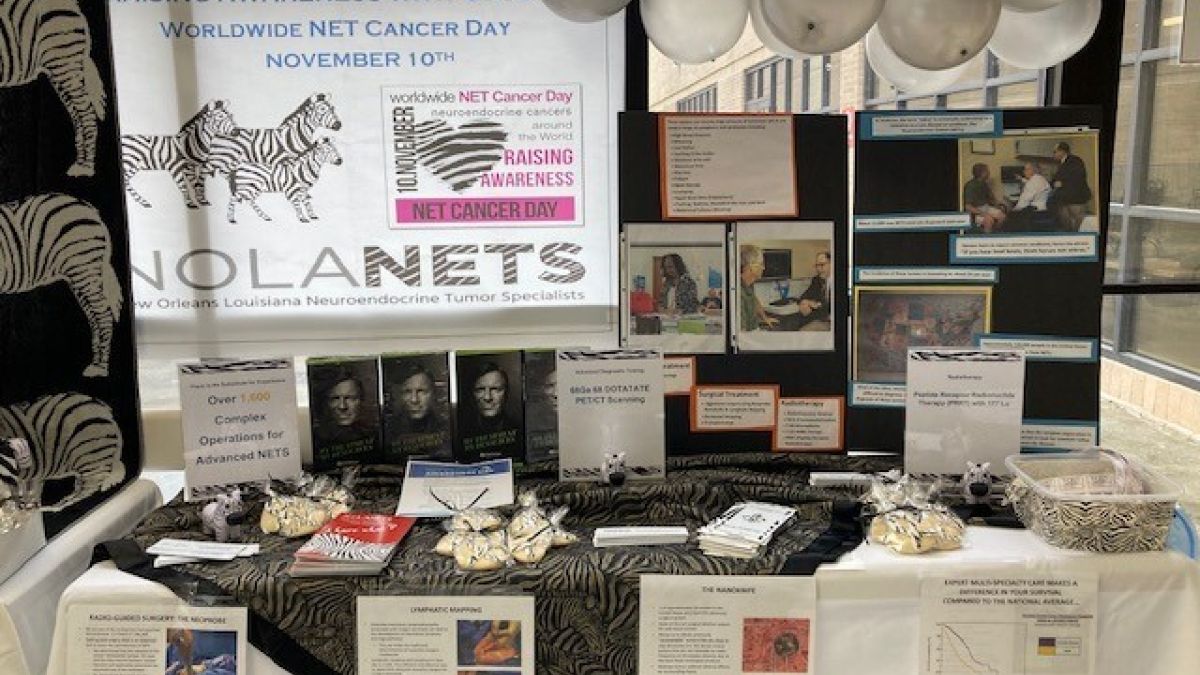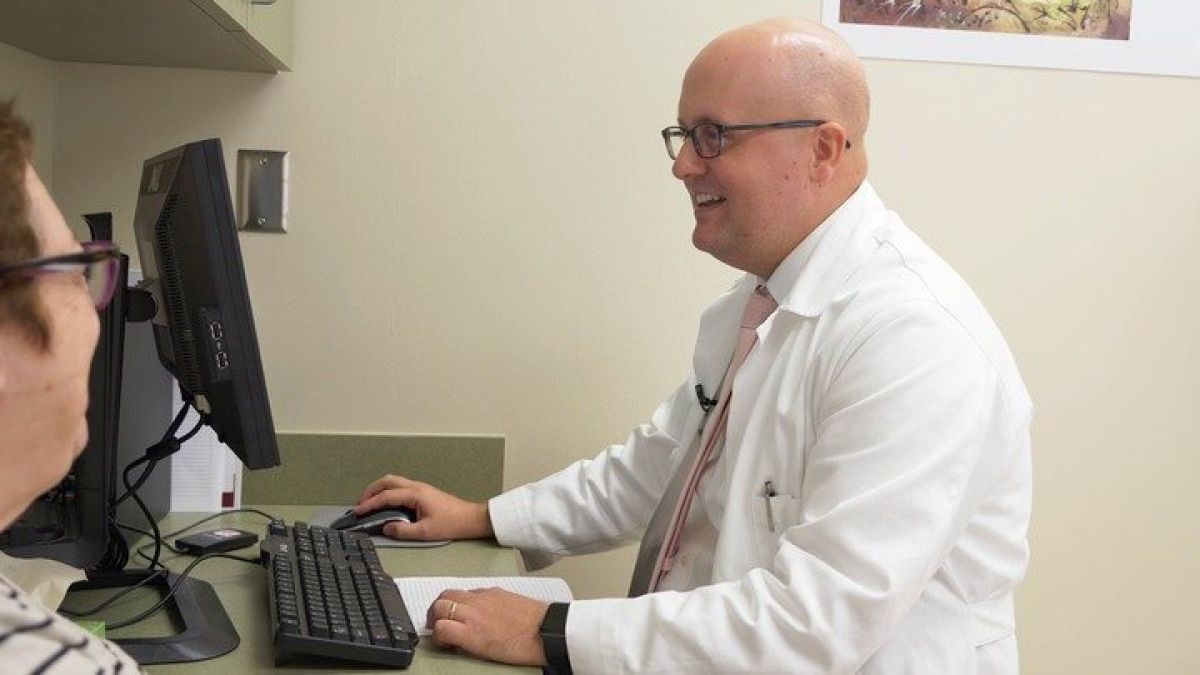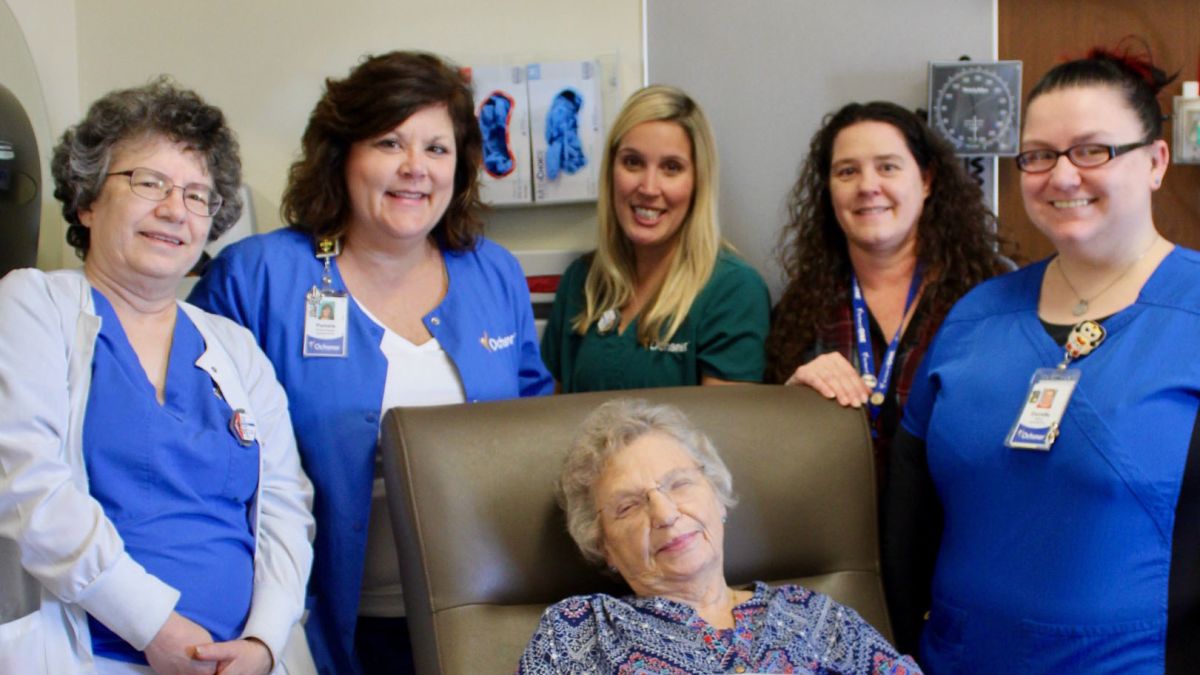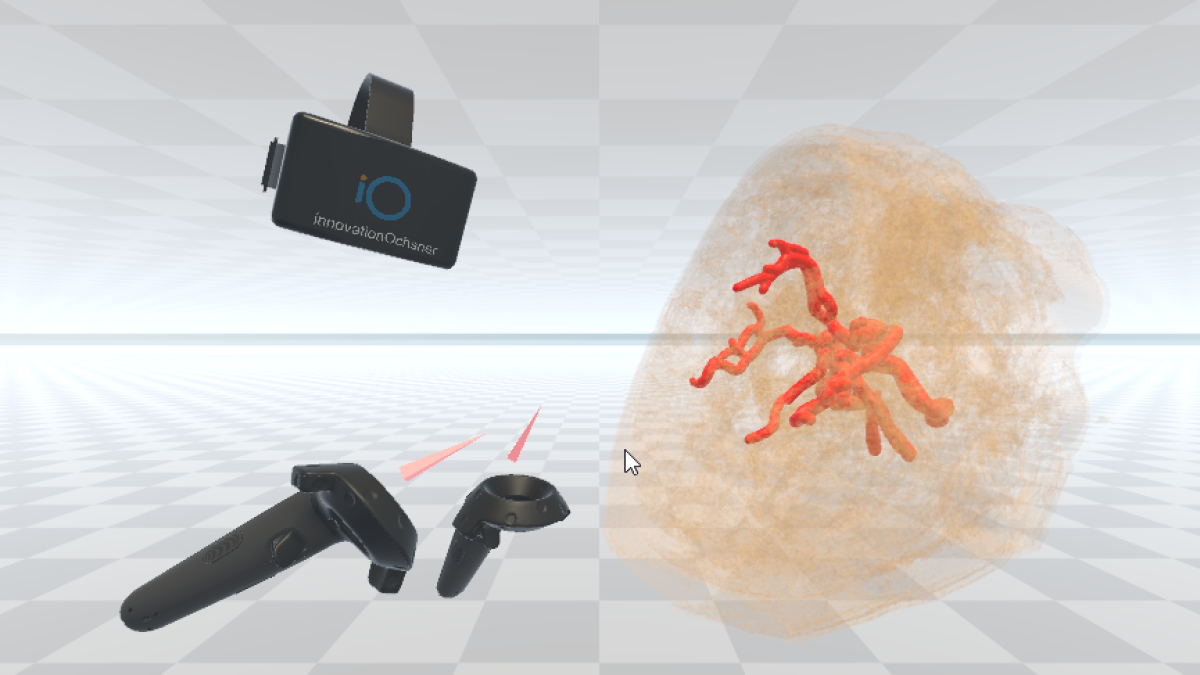Why choose Ochsner for Neuroendocrine Tumor Care?
For patients diagnosed with a neuroendocrine tumor, also called carcinoid tumors, your care and treatment plan are paramount. Our experts within the Ochsner Neuroendocrine Tumor Program at Ochsner Medical Center – Kenner are here with you through each step of your diagnosis and treatment. Our team offers an experienced, collaborative approach with talented specialists in an environment that combines a specific focus on neuroendocrine patients with the advanced research and patient support capabilities of the Ochsner Cancer Institute. The Ochsner Neuroendocrine Tumor Program is one of the largest NET programs in the country, a leader in the diagnosis and management of all forms of neuroendocrine tumors. Our team’s dedication has led to superior outcomes for patients with NETs in the United States and abroad.













-7abbbb2796.jpg)





